11/5/2011 |
Researchers have long believed that almost no wild
animals — boobies included — live to old age, simply
because parasites, predators or the elements get them
first. As male boobies age, the researchers found, their
sperm suffers the same kinds of degeneration that human
sperm does. At the same time, they change in more
visible ways — including a fading of the distinctive
blueness of their feet. Female boobies — no fools —
generally give these seniors a pass, opting instead to
mate with the boys who retain their blue hue. |
1/1/2010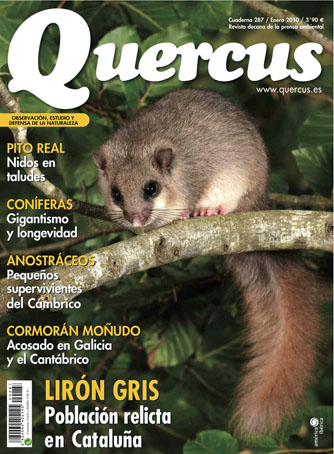 |
Artículo de divulgación en Quercus: ¿Qué más le puede pasar al cormorán moñudo? Varios factores adversos han situado a las poblaciones atlánticas de cormorán moñudo en una situación delicada. . Lee el artículo aqui |
2/12/2009 |
Abstaining Boobies Get
"Sexier"
The study, published in The Royal Society's Biology Letters, was highlighted in National Geographic and Times. You can see a National Geographic video here |
24/11/2009 |
The blue-footed booby lays
blue eggs.
|
2/09/2009 |
Spot on Gulls' Beaks Can
Indicate Poisons
|
8/04/2009 |
Families
on the spot: role of sexual signals on paren-offsping
conflict. |
3/10/2008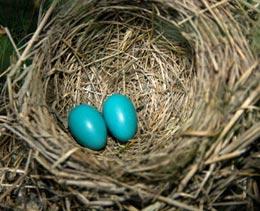 |
Female birds sacrifice health to
create more colourful eggs
|
1/10/2008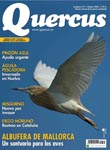 |
Artículo de divulgación en
Quercus:
¿Fecundidad o atractivo sexual? |
1/062008
 |
Artículo de divulgación en
Quercus:
El cambio climático no siempre es el villano: El
declive del arao en la península Ibérica
|
12/05/2008
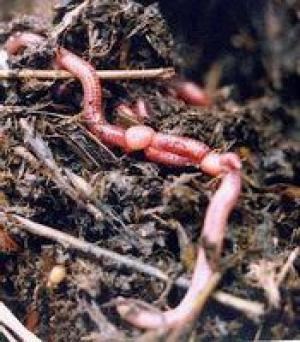 |
Worms Triple Sperm Transfer
When Paternity Is At Risk |
16/01/2008  |
Gulls' blood records oil
impacts
|
24/06/2006 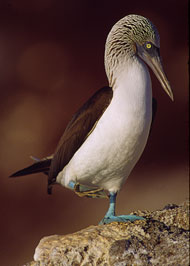 |
Sick Dads Are the Best
|